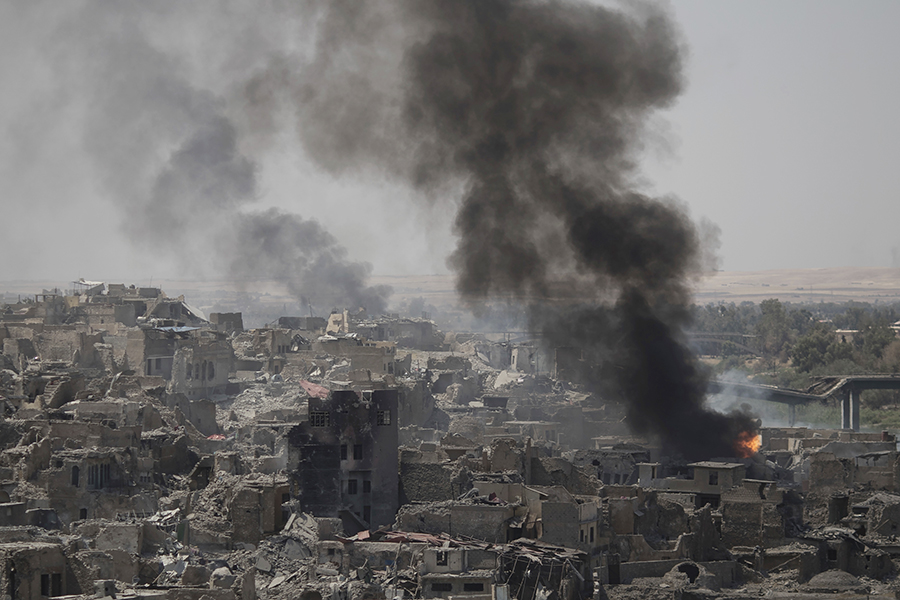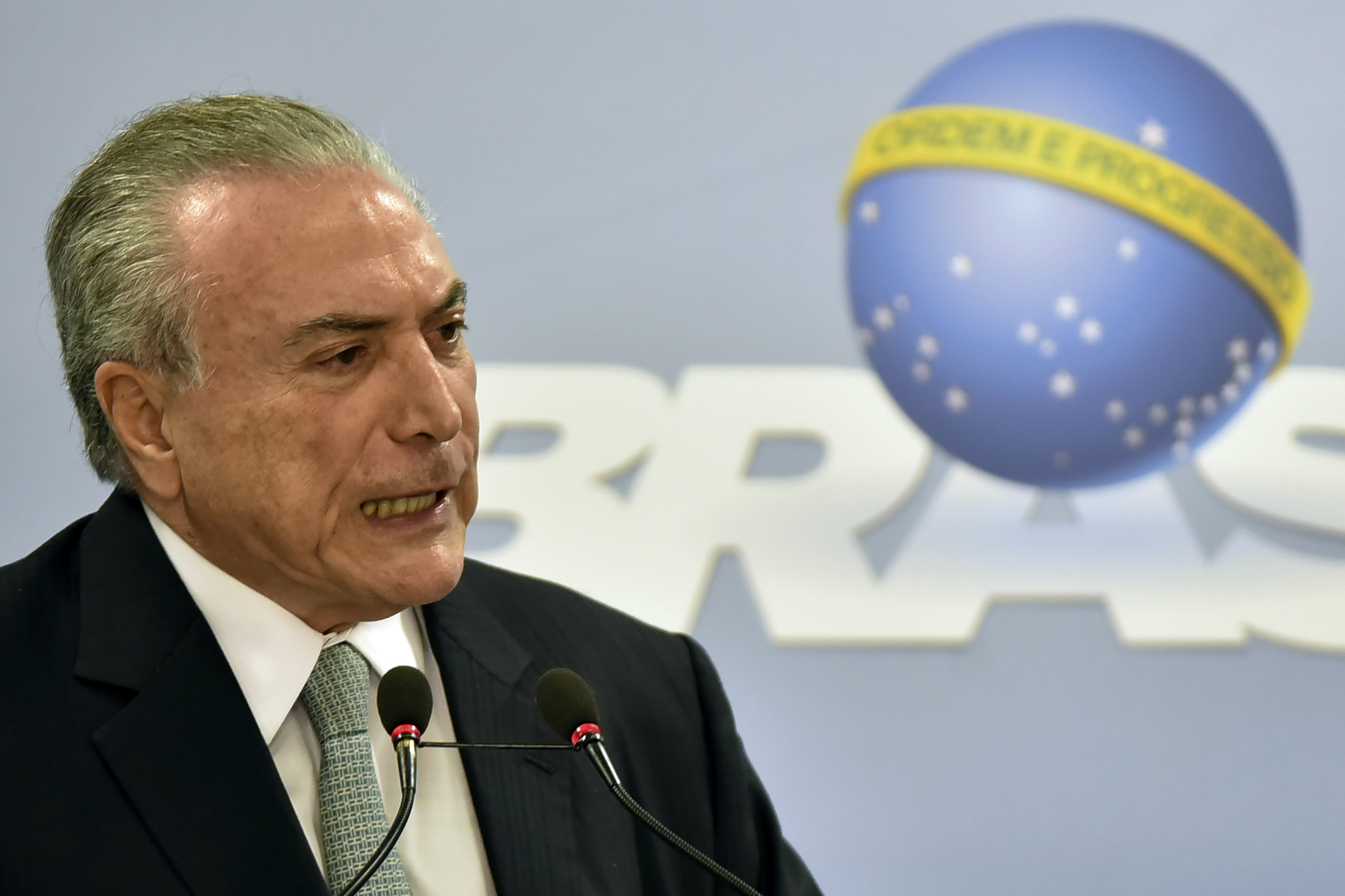The Latest: Hong Kong to relax quarantine rules for arrivals
HONG KONG — Hong Kong authorities said quarantine requirements will soon be relaxed for travelers who are fully vaccinated against COVID-19 and arrive from certain lower-risk countries.
Hong Kong leader Carrie Lam on Monday said the relaxation of quarantine measures will first be open to Hong Kong residents returning to the city. They must have been fully vaccinated for at least 14 days, must undergo a serology test to prove they have the antibodies and must test negative for the coronavirus upon arrival in Hong Kong.
The announcement comes amid a shortage of quarantine hotel rooms in the city. Current quarantine restrictions can require arrivals from various countries to serve between seven to 21 days of quarantine at designated hotels, and many of the city’s hotels are booked through August.
Officials said the arrangement could begin on June 30, and that it is looking to open a similar arrangement for non-residents later.
___
MORE ON THE PANDEMIC:
— Hesitancy is undermining India’s vaccination efforts, especially in rural areas where most people live
— Thousands of Japanese companies are giving vaccines to workers, boosting nation’s slow rollout
— The Tokyo Olympics will allow some local fans to attend when the games open next month
— Follow more of AP’s pandemic coverage at https://apnews.com/hub/coronavirus-pandemic and https://apnews.com/hub/coronavirus-vaccine
___
HERE'S WHAT ELSE IS HAPPENING:
LONDON — Dozens of people have ignored advice not to travel to Stonehenge for the annual summer solstice celebrations, which were cancelled Monday due to coronavirus concerns.
English Heritage, which looks after the Neolithic monument, had planned a live feed of the sunrise at Stonehenge for the second year in a row. But the organization said that program had to be interrupted because of safety concerns after “a number of people have chosen to disregard our request to not travel to the stones this morning.”
Thousands of people who tuned in to watch the sunrise at the stones online ended up watching pre-recorded footage before the live feed returned around 5 a.m.
Video from Britain’s PA news agency and elsewhere showed dozens of people gathering inside the stone circle, with some scaling a low fence to climb inside the restricted area to reach the stones. Some were seen dancing and others held a banner that read “Standing for Stonehenge.”
English Heritage said it was “disappointing” to see people “act in a way that put themselves, our staff and the police at risk” during a pandemic.
The summer solstice typically draws tens of thousands of people to the stone circle in southern England to celebrate the longest day of the year.
___
JAKARTA, Indonesia — Indonesian health authorities announced the country’s largest one-day jump in new coronavirus infections on Monday, as the country’s number of confirmed cases since the pandemic began crossed 2 million.
The Health Ministry said it had confirmed another 14,536 new infections and 294 deaths. Along with the more than 2 million infections, Indonesia has reported more than 54,950 deaths, both the most in Southeast Asia.
Indonesia, the world’s fourth most populous country, has seen infections surge in recent weeks, a climb that has been blamed on travel during last month’s Eid al-Fitr holiday as well as the arrival of new virus variants, such as the the Delta version first found in India.
The surge is putting pressure on hospitals like those in Jakarta — where 80% of hospital beds are full — and has added urgency to the government’s plans to be inoculating 1 million people each day by next month. Authorities have so far only fully vaccinated 12.3 million of Indonesia’s 270 million people and partially vaccinated another 10.9 million others.
___
TOKYO — The Tokyo Olympics will allow some local fans to attend when the games open in just over a month.
Organizers on Monday set a limit of 50% of capacity up to a maximum of 10,000 fans for all Olympic venues.
The decision was announced after talks occurred online with local organizers, the International Olympic Committee, the International Paralympic Committee, the Japanese government and the government of metropolitan Tokyo.
The decision contradicts the country’s top medical adviser, Dr. Shigeru Omi, who recommended last week that the safest way to hold the Olympics would be without fans. He had previously called it “abnormal” to hold the Olympics during the pandemic.
The Tokyo Games are set to open on July 23.
Fans from abroad were banned several months ago. Officials say local fans will be under strict rules. They will not be allowed to cheer, must wear masks, and are being told to go straight home afterward.
___
WARSAW, Poland — Poland’s COVID-19 figures have dropped very significantly, with 73 new cases reported Monday and one death of a coronavirus patient with other coexisting health issues.
The daily numbers released by the Health Ministry are the lowest in 16 months. The last time there was a two-digit daily infection number was in early March 2020. On June 14, there were 140 new cases reported.
However, the figures Monday tend to be lower than the weekly average because of irregular reporting during the weekend.
The most new cases, over 30,000 daily, were reported in early April.
Almost 11.2 million people in the nation of 38 million have been fully vaccinated and another 15.3 million have received one dose of the Pfizer, Moderna, AstraZeneca or Johnson & Johnson vaccine.
___
NEW DELHI — Every adult in India is now eligible for a free vaccine paid for by the federal government.
The changed role for the federal government starting Monday ends a complex system of buying and distributing vaccines that overburdened states and created inequities in who got the shots.
The switch comes as coronavirus cases continue to drop. India registered 53,256 new infections and 1,422 deaths in the last 24 hours, the lowest in nearly three months. That raises its totals past 29.8 million cases and 386,000 deaths, though both are likely undercounts.
The lagging vaccination drive, marred by delays and shortages, prompted the revised strategy.
Earlier, states and the private sector had to procure jabs themselves and provide them to younger adults. Now, the federal government will procure 75% of all vaccines directly from manufacturers and provide them to the states for free. The remaining 25% will be purchased by the private sector.
Only about 5% of India’s nearly 1.4 billion people are fully immunized, and experts hope the new policy will help end supply issues and make vaccines more accessible.
Meanwhile, more cities and states are easing restrictions. Starting Monday, parks, restaurants and bars can open in New Delhi with some restrictions on capacity and timings. The southern state of Telangana has lifted its lockdown, while neighboring Karnataka state eased restrictions in 16 more districts. Even though some states have extended curfews, they have allowed shops and offices to open with limited capacity.
___
CANBERRA, Australia — A top health official is urging Australians to get their second doses of AstraZeneca despite deaths from the vaccine exceeding the nation’s COVID-19 death toll this year.
Two women in Australia have died from rare blood clots caused by the vaccine. The only COVID-19 fatality this year was an 80-year-old traveler who died in April after being infected overseas and diagnosed in hotel quarantine.
Chief Medical Officer Paul Kelly told state leaders on Monday that health authorities did not recommend people follow up their first AstraZeneca dose with a different vaccine. Globally, the safety and effectiveness of switching vaccines between doses is still being tested.
He urged people not to cancel their second AstraZenca jab, which is booked three months after the first, saying the chances of developing blood clots after a second dose were 1.5 in a million.
COVID-19 has claimed 910 lives in Australia, but vaccine hesitancy is on the rise as the death rate slows.
Australia last week lifted its recommended age limit for AstraZeneca from 50 to 60 after a 52-year-old woman died of clots. A 48-year-old woman died in April.
Pfizer is currently the only alternative to AstraZeneca in Australia, although Moderna is expected to be registered soon. The government hopes that every Australian adult who wants a vaccine will have access to one by the end of the year.
___
MANILA, Philippines — The Philippine government has signed a purchase deal for 40 million doses of Pfizer COVID-19 vaccine in its largest such agreement this year after huge demands from wealthy countries started to ease.
Carlito Galvez Jr., who oversees the government’s vaccine purchases, said bulk shipments funded by loans from the Asian Development Bank and other lenders will start in August.
He asked towns and provinces to prepare to receive “very sensitive vaccines” like Pfizer. The Philippine archipelago has sweltering tropical weather conditions, and many rural areas also lack warehouses, delivery aircraft and trucks equipped to keep the vaccines at sub-zero temperatures.
“We don’t want any vaccine to be wasted because of spoilage and mishandling,” Galvez said.
The Philippines has concluded deals to buy 113 million doses of COVID-19 vaccine from five foreign pharmaceutical companies and expects to receive 44 million doses this year under the U.N.-backed COVAX program. It has administered more than 8 million doses so far from existing stocks.
The Pfizer vaccine will considerably boost the country’s immunization campaign “and will enable us to realize our goal of achieving herd immunity by year end,” Galvez said.
___
WELLINGTON, New Zealand — Medical regulators in New Zealand have approved the Pfizer vaccine for use in children as young as 12, following the lead of regulators in the U.S., Europe and elsewhere.
The decision by Medsafe was welcomed by Prime Minister Jacinda Ardern, although it still needs official sign-off from the government, which is likely later this month.
The Pfizer vaccine was previously approved in New Zealand for people aged 16 and older.
Ardern said about 265,000 extra children would be eligible under the expanded coverage, although she didn’t believe it would alter plans to complete the nation’s coronavirus vaccination rollout by the year’s end.
New Zealand plans to use only the Pfizer vaccine to inoculate its population of 5 million.











